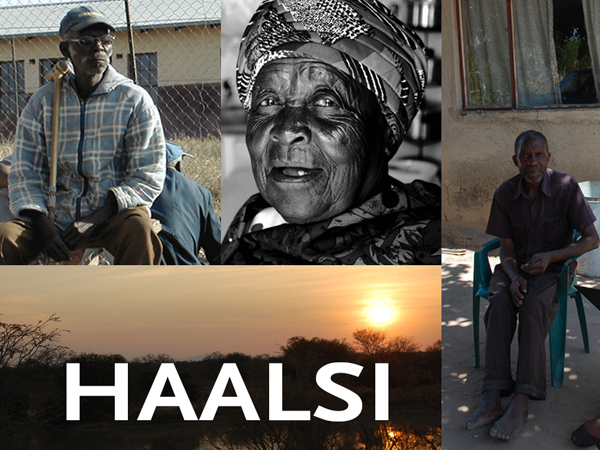Three studies by HAALSI researchers based on a rapidly aging population in rural South Africa are contributing to the much-needed scientific literature on global cognitive aging. A study published in Alzheimer’s & Dementia: Diagnosis, Assessment & Disease Monitoring found that a multidisciplinary, web-based consensus conference approach for diagnosing cognitive impairment and dementia in rural South Africa was feasible, and identified the key factors responsible for diagnostic variability among raters. In…
Can the socioeconomic status of a neighborhood influence the cognitive health of its residents?
A study published by researchers affiliated with the French Constances cohort (a nationally representative sample of 200,000 adults aged between 18 and 69) reveals that neighborhoods suffering from socioeconomic deprivation were linked to cognitive impairment. Harvard Pop Center Director Lisa Berkman, PhD, is co-PI on the project and one of the study authors.
What can you do to improve your performance at work? Get a few more minutes of sleep!
Data collected during the Work, Family & Health Network study suggests that every minute counts when it comes to work performance! Just 16 minutes of sleep loss can negatively impact work performance the next day. Learn more in this article written by WFHN researchers. Photo: William Brawley on Flickr
Cognitive health plays key role in late-life well-being in sub-Saharan Africa
A study by Collin Payne, PhD, a recent Bell Fellow and current research associate at the Harvard Pop Center, focuses on the under-explored patterns that link cognition, health and well-being in a low-income population.
Working paper explores cognitive health of aging population in Sub-Saharan Africa
Harvard Bell Fellow Collin Payne is lead author on a working paper that investigates the cognitive health of the understudied, growing population of aging adults (+45 years) in Sub-Saharan Africa.


